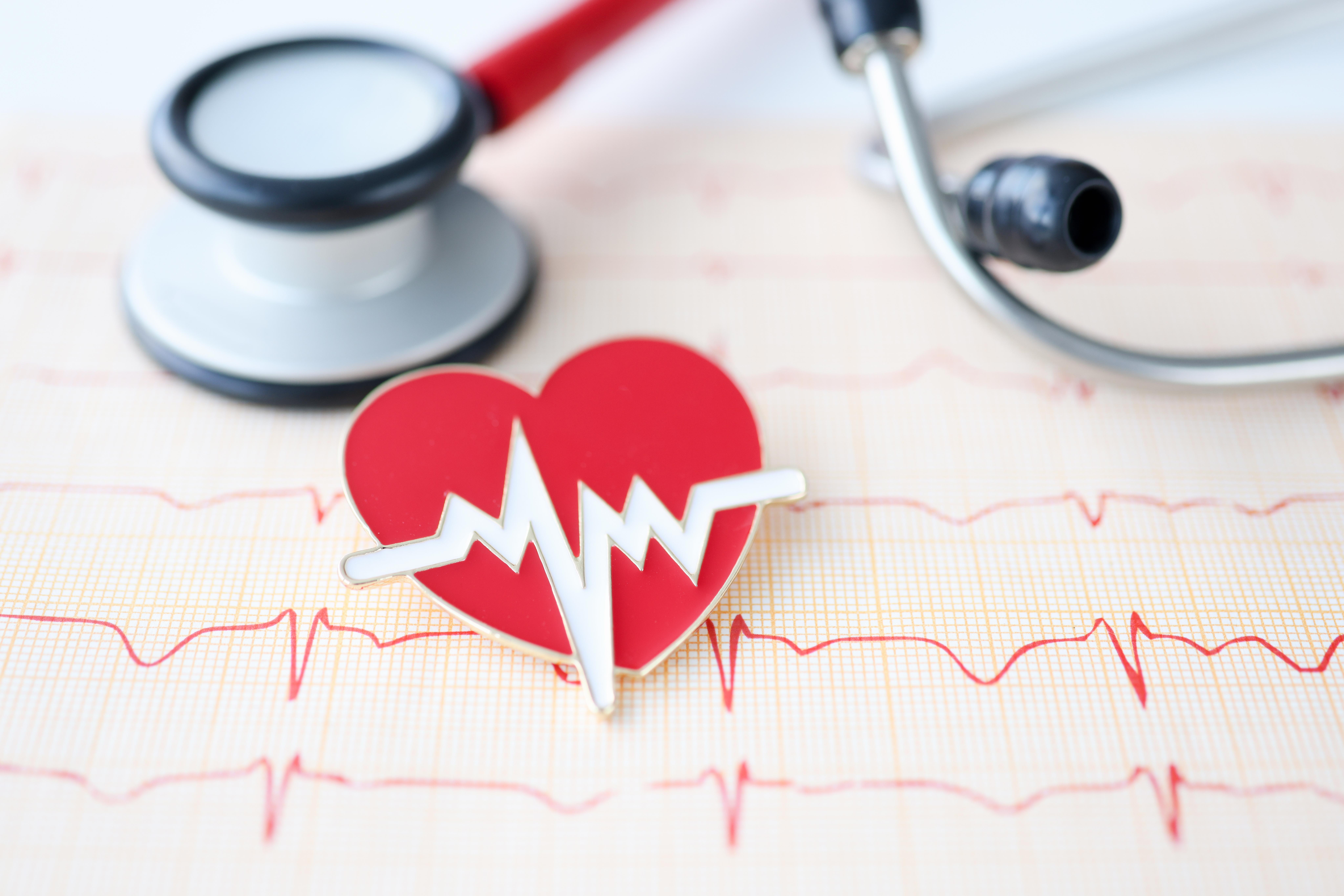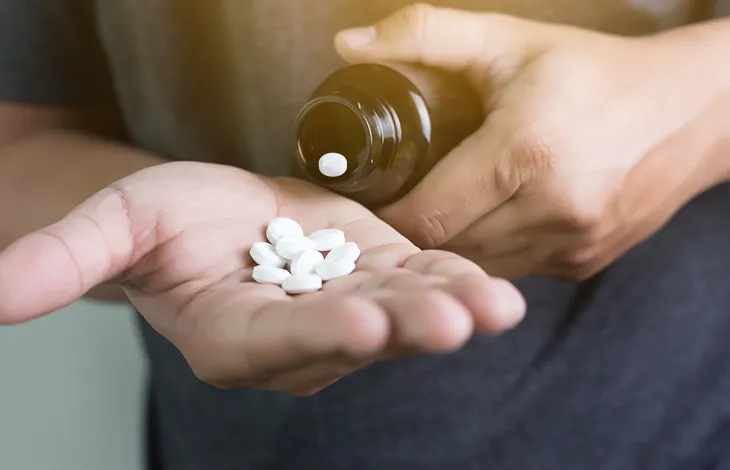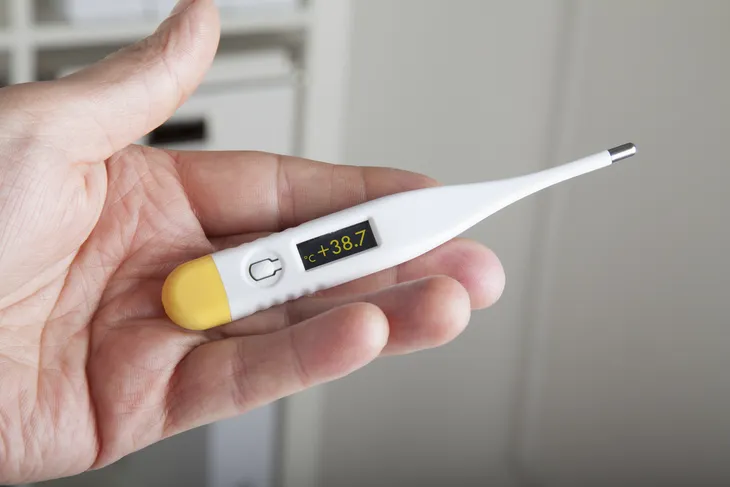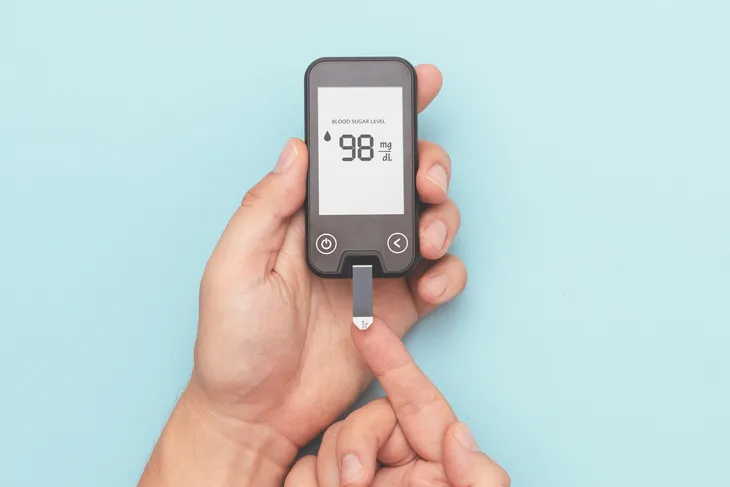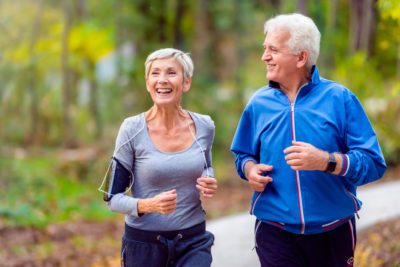There are many interior and exterior factors that can cause your heart rate to fluctuate. While emotional or physical exertion will speed up the pulse; certain types of illness or disease can cause it to slow down dramatically. Most of the time, you probably don’t even realize that the following ten factors influence your heart rate…
Illness
When the body’s immune system becomes compromised—for example, with fever, injury, anemia, or infection—changes in heart rate can occur. Particularly if septic shock sets in, the heart rate will naturally quicken to meet oxygen demands.
Emotional Stress
I’m sure when the stress gets heavy; you’ve noticed that your body naturally responds with a quickening pulse. The same goes for fear, another type of anxiety, which prompts the flight response and releases hormones that make the heart pump faster.
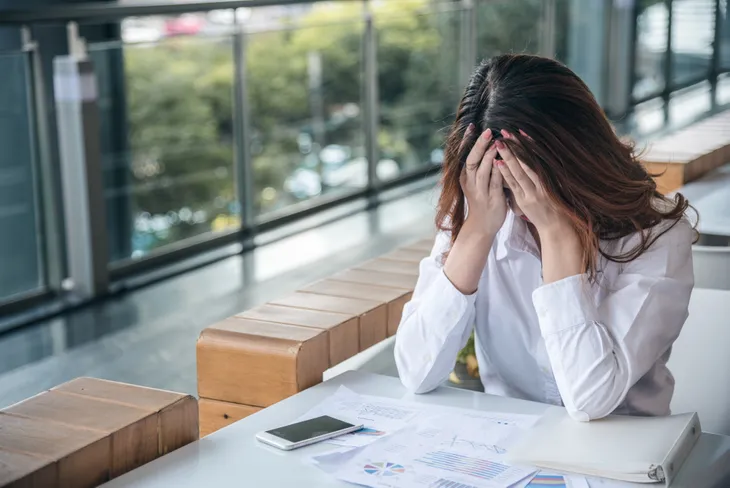 Shutterstock/WichM
Shutterstock/WichMExercise
Physical stress, like emotional stress, causes an increased heart rate. And exercise, or any type of physical exertion, is the healthy response as the body and muscles demand increased oxygen levels.
Breathing
During normal respiration the heart rate tends to slow faintly during inspiration (as you take breath in).
Medications
All types of over the counter, prescription, herbal supplements, and illegal drugs will have an impact on your heart rate. For instance, ephedrine or cocaine will increase it; while beta blockers and Valerian calm and slow it down.
Body Temperature
A sudden change in temperature can also affect make the heart rate quicken as blood immediately rushes to your skin’s surface in order to cool or warm you up.
Glycogen Levels
If the glycogen stores in your body diminish, you will suffer fatigue. However, to properly fuel muscles, your heart rate will naturally increase to boost your energy levels.
Cardiovascular Disease
Heart disease occurs due to plaque building up in the arteries, which leads to arrhythmias followed by heart attack or heart failure. This arrhythmia (or irregular heart beat) will cause muscle damage, which will result in a decreasing or quickening pulse.
Dehydration
When the body becomes dehydrated (following exercise or lack of fluids over an extended period) the blood thickens and waste clogs the bloodstream. Your heart will naturally work harder to flush out waste and maintain normal cardiac output.
Pressure
Vagal stimulation (or pressure on the body’s special sensors) occur during labor, a bowel movement, or if we lift a heavy object. The increased pressure causes the blood pressure to change and the heart often slows in response.
